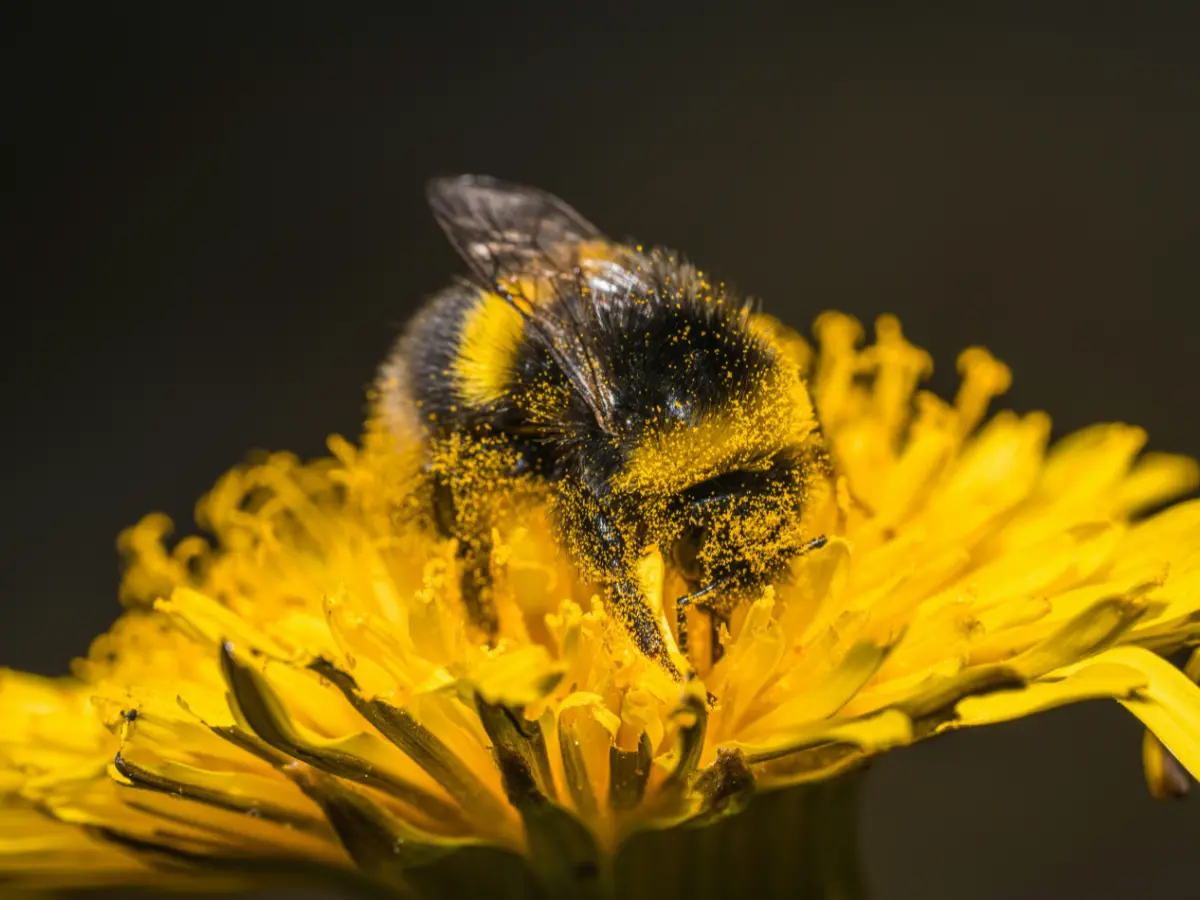Study Overview: A recent study from Penn State examines the impact of managed honey bee populations on nearly 4,000 native bee species in the United States. While honey bees are not native and are suspected of competing with wild bees for resources and transmitting pathogens, the study found that only a few of the 33 native bee genera analyzed were negatively affected by honey bees.
Key Findings:
- The study is the largest of its kind and will be published in the November issue of Science of The Total Environment.
- Researchers identified a correlation between managed honey bee apiaries and urban land with decreased populations in six out of 33 wild bee genera.
- The long-horned bee genus Svastra was most negatively impacted by apiary density, while the genus Florilegus was more affected by urbanization.
- Genera most impacted tended to nest in the ground, forage later in the season, and often specialize in specific flowering plants.
Challenges for Urban Bees:
- Urban environments pose challenges for ground-nesting bees due to hardscaping, which limits available nesting sites.
- Some wild bees forage later in the season when honey bee colonies are at their peak, leading to competition for limited floral resources.
Conservation Recommendations:
- Planting late-season forage and maintaining bare ground for nesting in urban gardens can help alleviate stress on wild bee populations.
- Increasing native flowering plants in urban landscapes is essential for supporting both wild and managed bees.
Research Implications:
- The study underscores the interconnectedness of bee species and emphasizes the need to consider bees as communities rather than individual species.
- Future studies are suggested to explore responses of specific wild bee genera to honey bees across different regions in the U.S.
Support and Resources: The research was supported by various funding bodies, including the U.S. Department of Agriculture and the National Science Foundation. The Penn State Center for Pollinator Research offers resources for enhancing bee populations, including the Beescape decision-support tool.
